MIT Grads Demonstrate First Ammonia-powered Tractor
Amogy, a startup founded by four MIT grads, has transformed a John Deere into the world's first zero-emission, ammonia-powered tractor.

Send us a link
Amogy, a startup founded by four MIT grads, has transformed a John Deere into the world's first zero-emission, ammonia-powered tractor.

The word "bioethics" dates only to 1927, and the subject, as an academic discipline, is only about 50 years old, but the ethical questions that accompany scientific discovery are ancient.
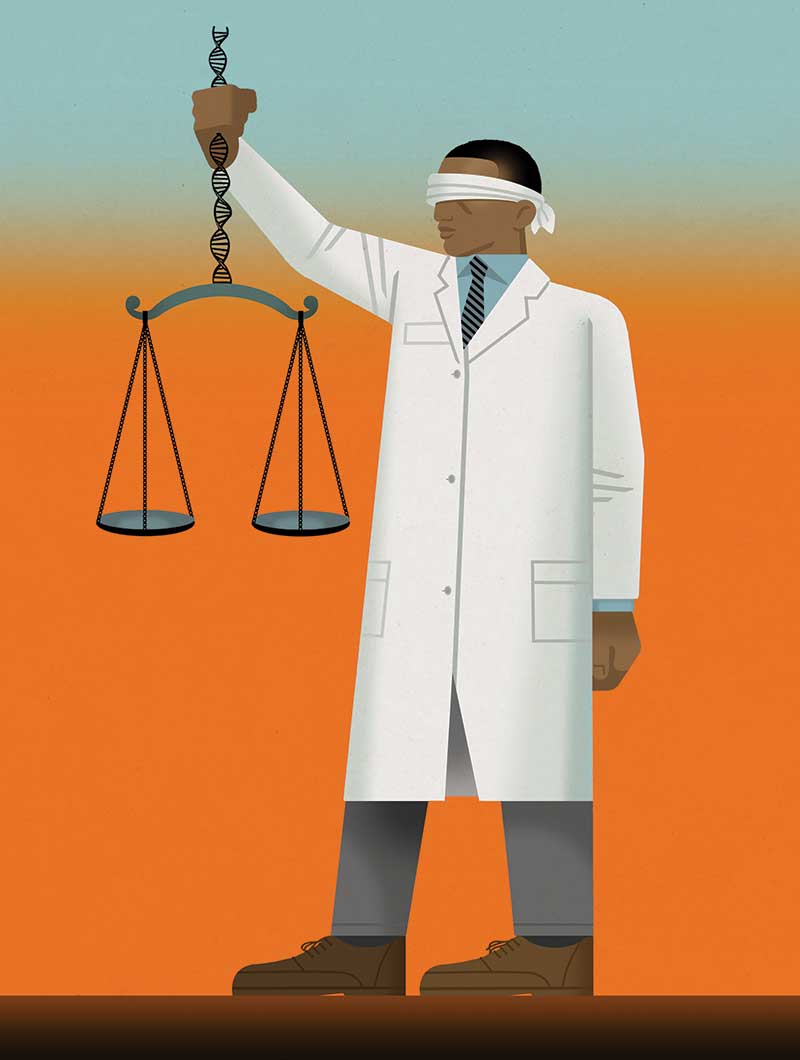
Latest effort would spend billions on a few universities, but skeptics give it long odds.
Newly calculated figures illustrate the sharp decline in contributions from EU programmes to Swiss institutions between 2014 and 2017. They also attest to the relevance of Switzerland and the UK in terms of scientific excellence.
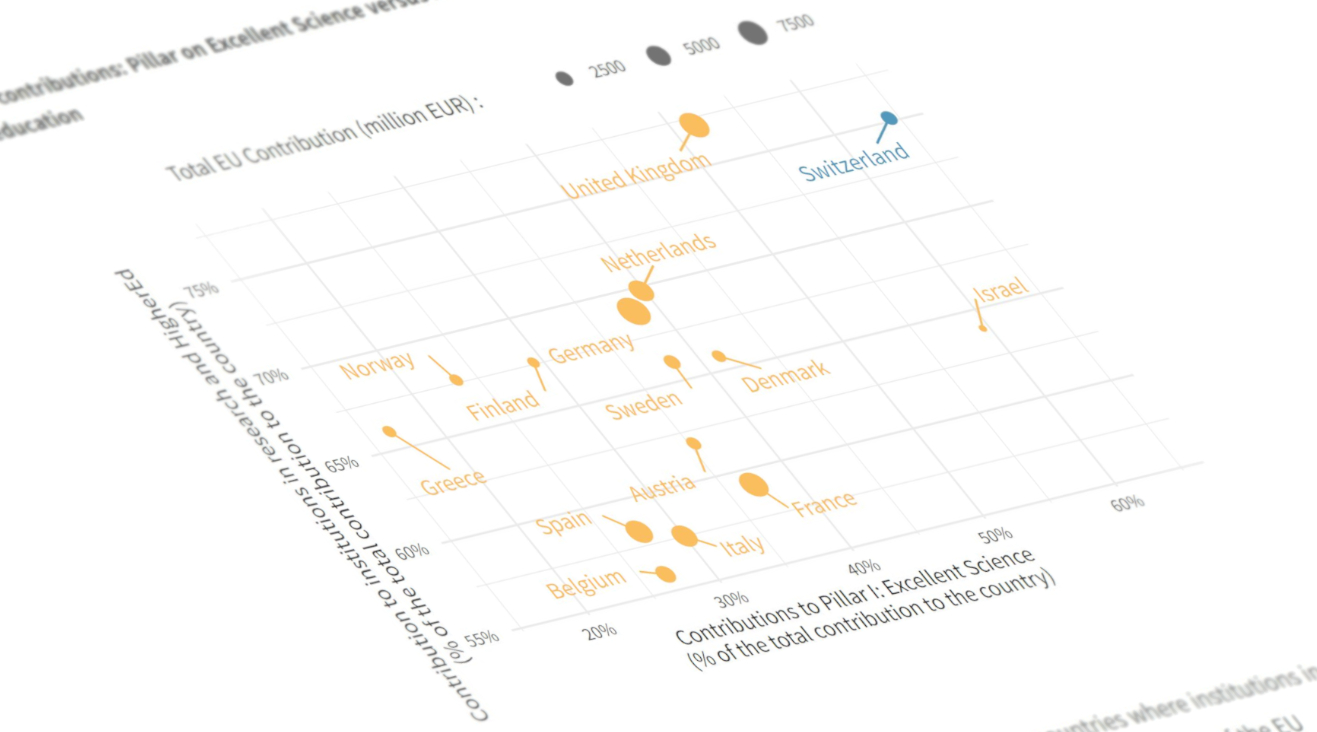
A new report from Columbia University's Center on Global Energy Policy details how Russia dominates the supply chains of nuclear power around the globe.
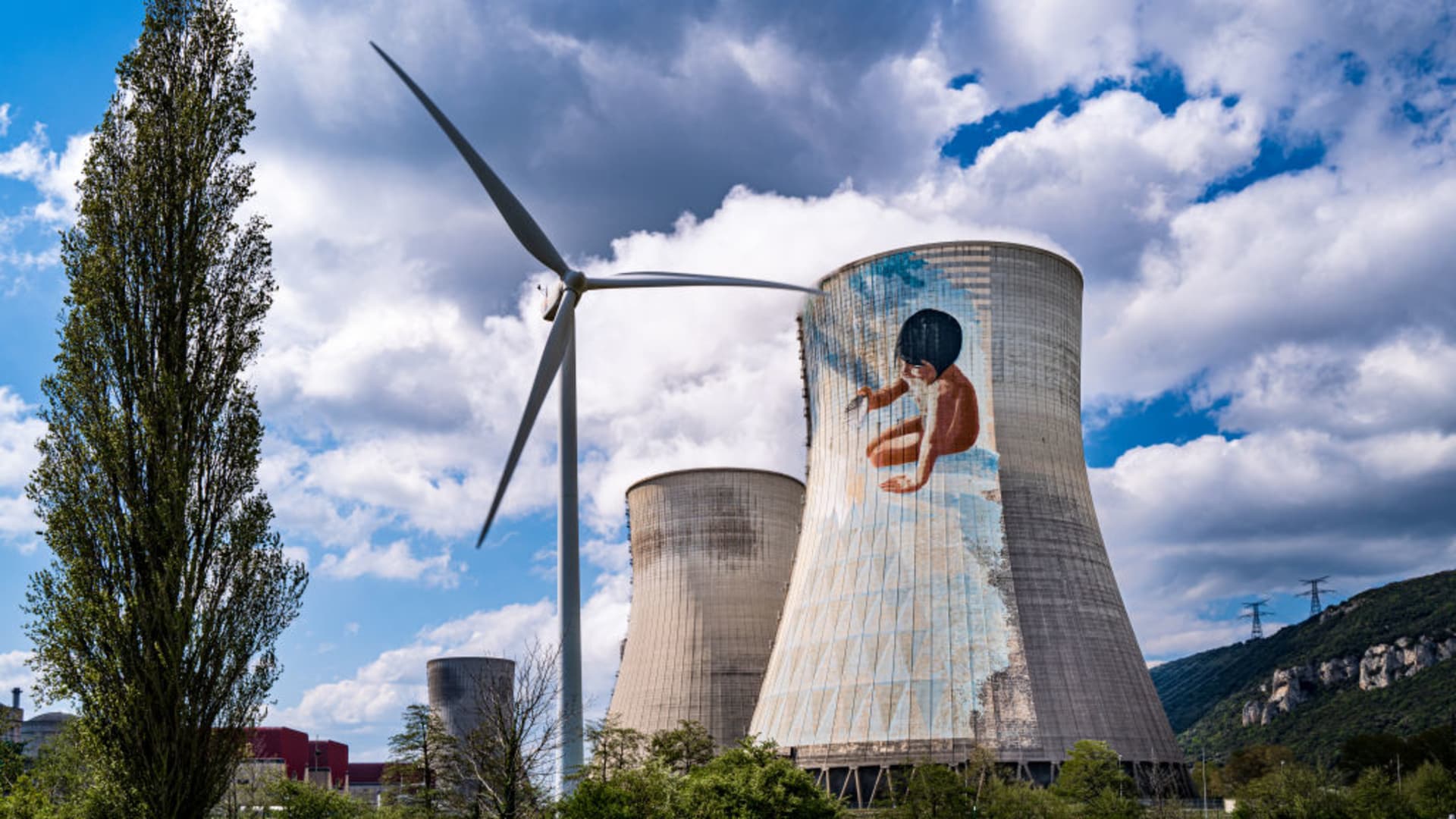
In an interview with CSIS Freeman Chair Jude Blanchette and Brookings Senior Fellow Ryan Hass, Yangyang Cheng discusses the role of science in U.S.-China relations and the need to examine who benefits and who experiences harm from advances in scientific inquiry.
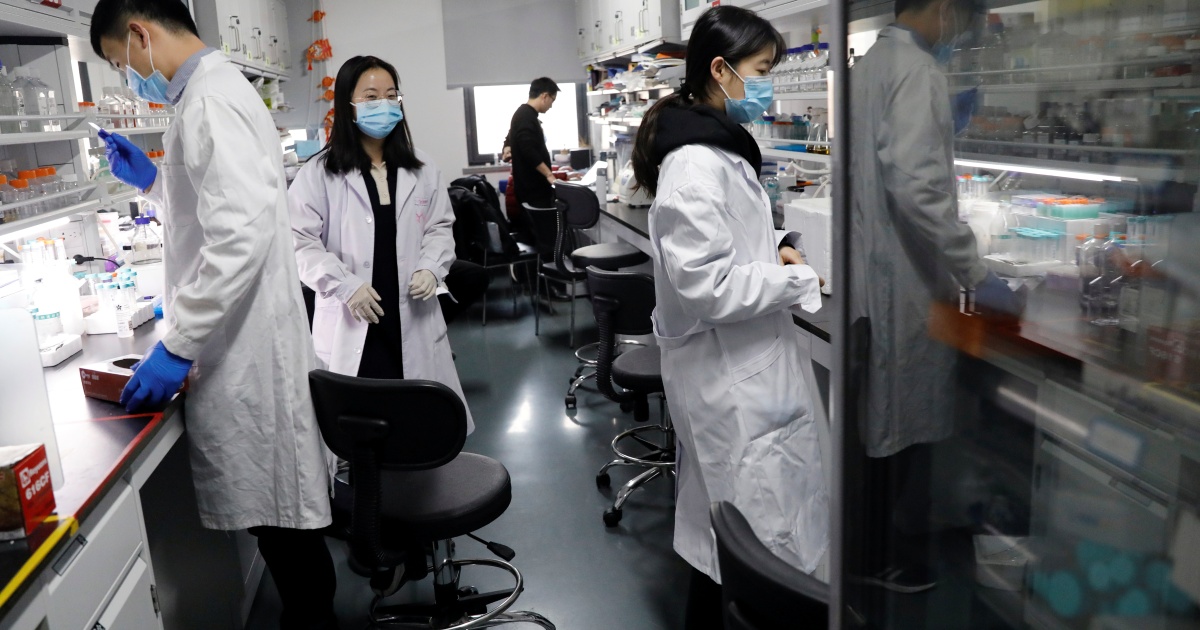
Trying to understand what private data Elsevier collects; what private data Elsevier sells; and what to do about it.

This article explores how the rise of remote collaboration has shaped disruptive discoveries in science between 1961 and 2020.
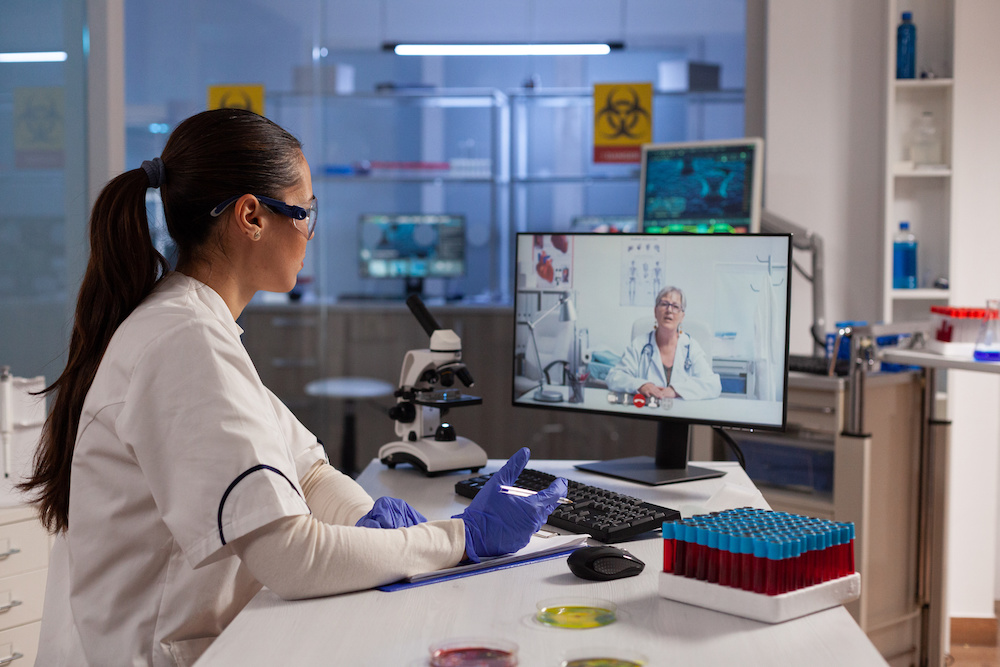
"It's a lesson I wish I'd learned before starting grad school."
How has the pandemic changed public access to journal articles?

Are 25 year olds really more random than 60 year olds?
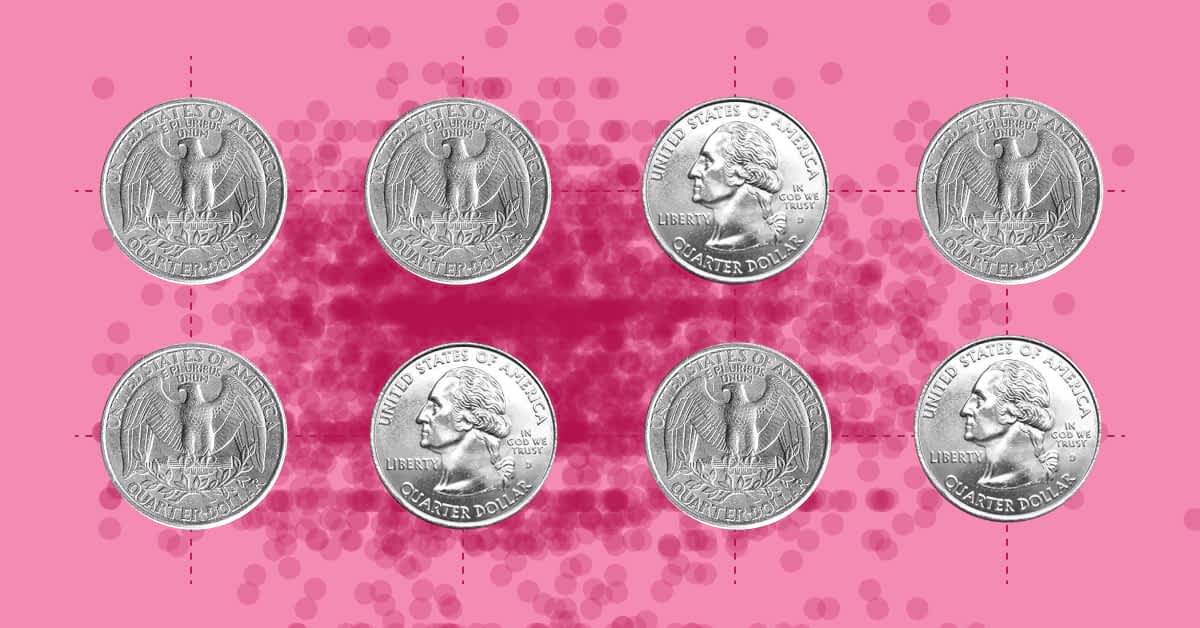
Metadata for the (currently 26,000) grants that have been registered by our funder members is now available via the REST API. This is quite a milestone in our program to include funding in Crossref infrastructure and a step forward in our mission to connect all.the.things. This post gives you all the queries you might need to satisfy your curiosity and start to see what's possible with deeper analysis. So have the look and see what useful things you can discover.

Protected areas help waterbirds thrive if they're actively conserved.
A variety of analytic tools can clarify public health priorities and predict the health impact of policy solutions.
Pithy bumper sticker memes can't do justice to the need for understanding and judging scientific studies … especially when, as often, public policy is at play.
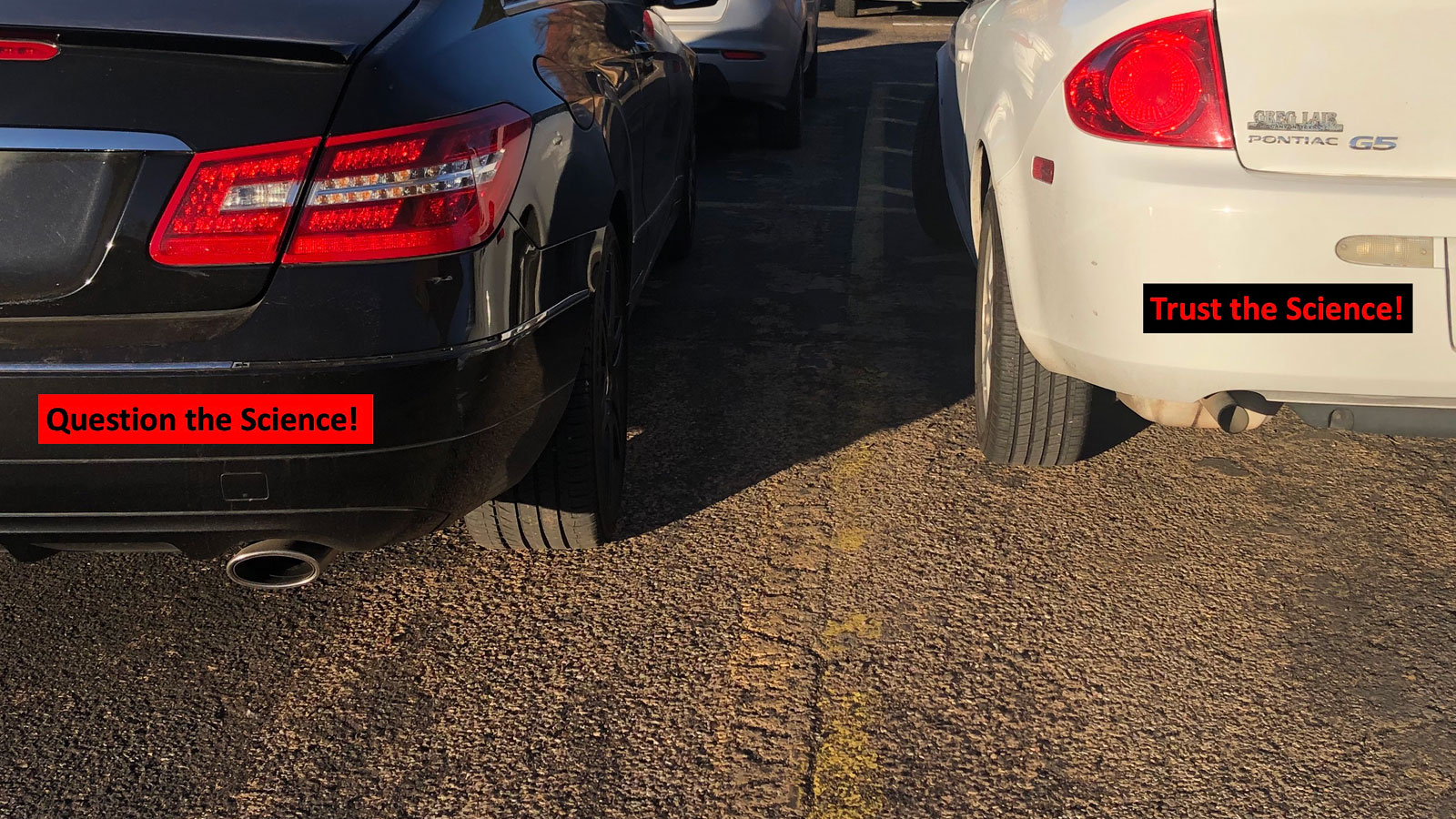
Nigeria is set to begin national performance trials for genetically modified TELA maize. As the West African nation makes another leap towards greater pest-resistance and productivity, particularly for small-scale farmers.
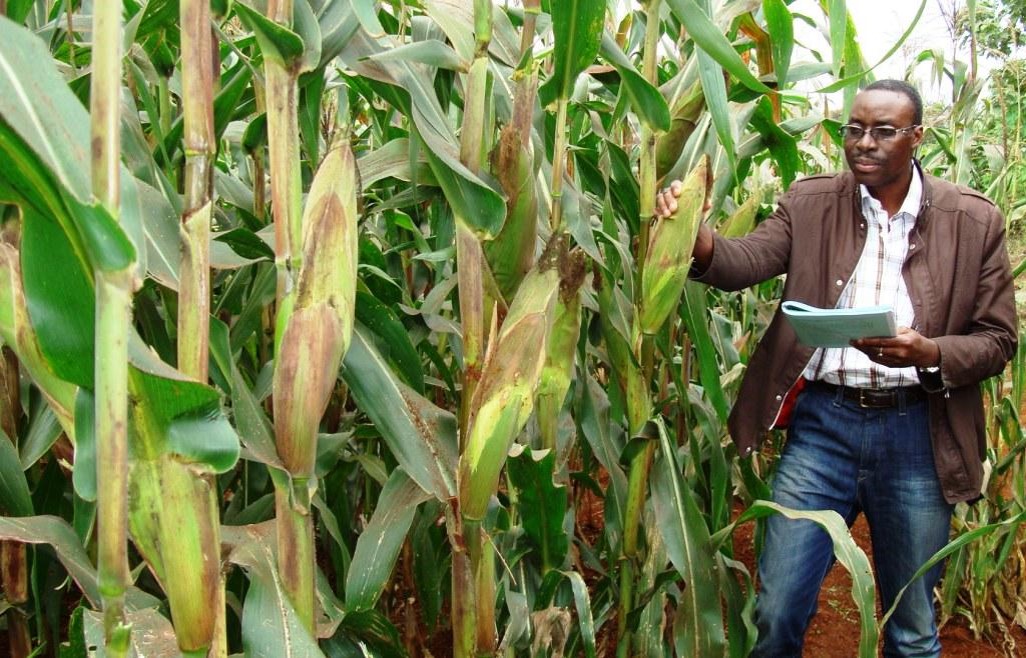
While the planetary boundary framework provides one way of understanding biodiversity or biosphere integrity loss, there are many other measures of biodiversity loss — and all point toward the fact that we are continuing to dangerously destabilize life on Earth.
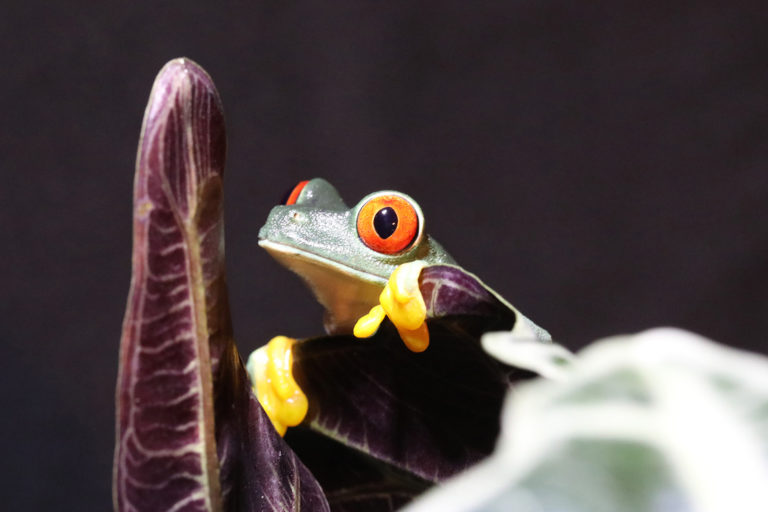
In the second year of the Horizon Europe programme, the United Kingdom and Switzerland are not formally associated with the largest research and innovation funding programme in the world.
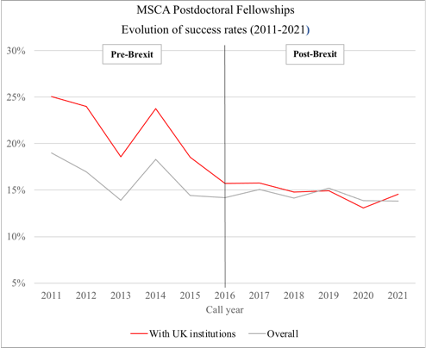
Too often, science public communication programmes are didactic in nature. To help generate genuine engagement, the EU-funded DITOs project launched two-way discussions to inspire the public and influence policy.
In order to get funding from the National Institutes of Health, researchers now need a plan for sharing and managing their data.
Municipal waste incinerators only report hazardous air pollutants-like dioxin, mercury, and lead-to the U.S. Environmental Protection Agency (EPA) every three years, and PFAS compounds are not yet listed in this category.
